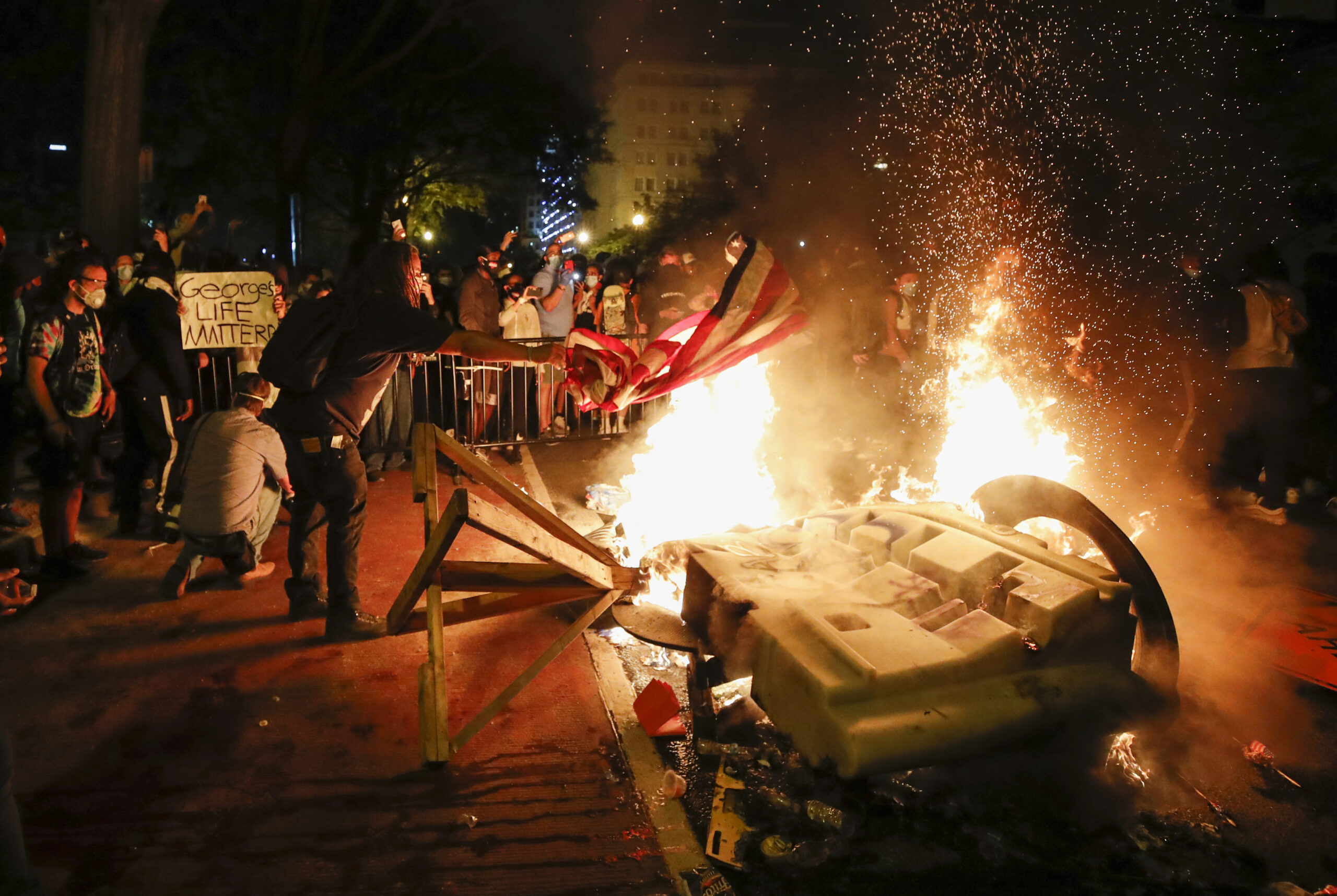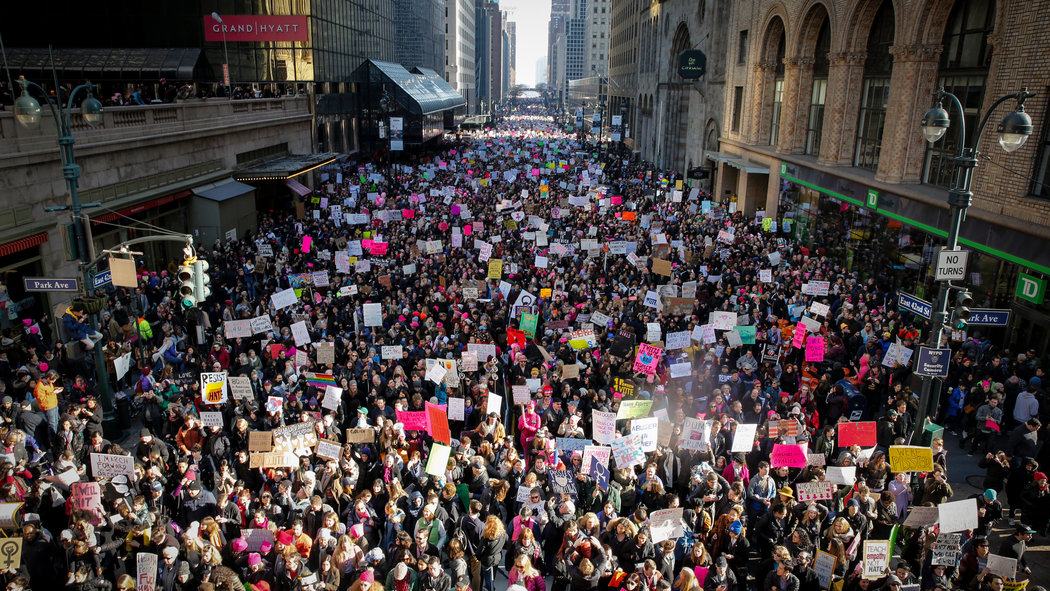Protest Strategies and Tactics
Flip through the following posts to learn more about each specific factor that affects your protest. These tactics can influence the success of your in various ways, and understanding how the factors work individually and together can help you best strategize your protest plan.
But first, ask yourself: What are the goals of my protest?
For example, do you want certain policies to be passed by your government? Are you hoping to increase public awareness on your issue? Do you care less about changing legislation and more about building a community?
Depending on your answer, the way you use these resources may vary. We aren’t here to tell you the “right way to protest,” just to provide you with the tools and information to strategically organize in a way that will meet YOUR goals.
-
Leader’s Perceptions of Social Movements
How do leader’s perceptions of a movement affect its success? A leader’s perception of a social movement’s danger depends on how well they comprehend its claims. Leaders who are targeted by social movements may choose to ignore, co-opt, or suppress the movement. For activists on the ground, it is important to consider if leaders understand…
-
Social Media’s Effects on the Efficacy of Rural Protest
How has social media impacted protest efficacy in rural areas? Social media and internet accessibility have different effects on rural social movements than they do on urban ones in authoritarian regimes. By increasing the information flows between the central government and citizens, social media lowers the probability that small demonstrations in rural areas will grow…
-
Protest Duration and Scope
How does protest length and scope influence its development and base of support? Academics have found that organizations’ spatial and temporal modes of protest have varying effects on the movement’s depth and breadth. A study has shown that long-lasting, single-site protest activities like protest camps and site occupations deepen movements by giving opportunities for organizational…
-

Protesting and Social Esteem
While this tends to be controversial among hardcore activists, using the promise of social esteem can increase turnout and overall support of your movement. Many find it performative and immoral when people join a movement just for the social clout it brings them, and while that’s true, performative activists are still supporters of the movement,…
-

(Non)Violence
A factor that is important to consider when thinking about protest success is violence. Do violent protests have negative implications for protest success? Do they limit a movement’s success or do they work? And if so, when do they work in favor of protesters? Do Violent Protests Yield Negative Outcomes? According to research, in most…
-

Protest Size
One of the most obvious factors when it comes to the success of your protest is how many people show up! But how big of a difference does this actually make, and what kind of differences can it make? Do bigger protests cause more change? The short answer is: not exactly. The overall research says…